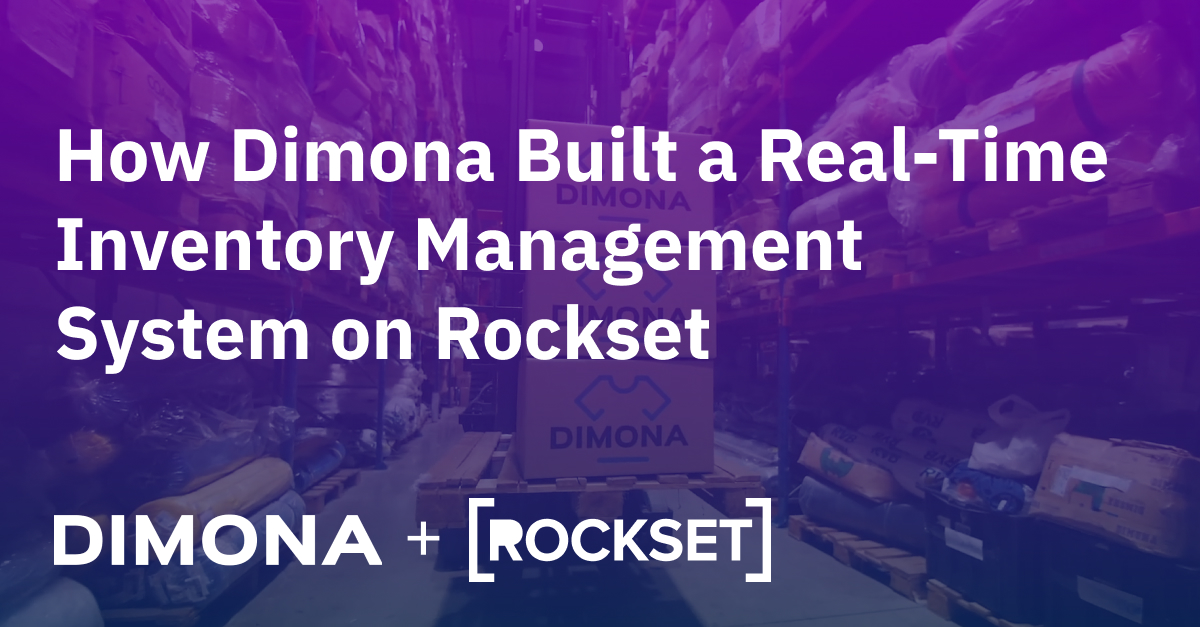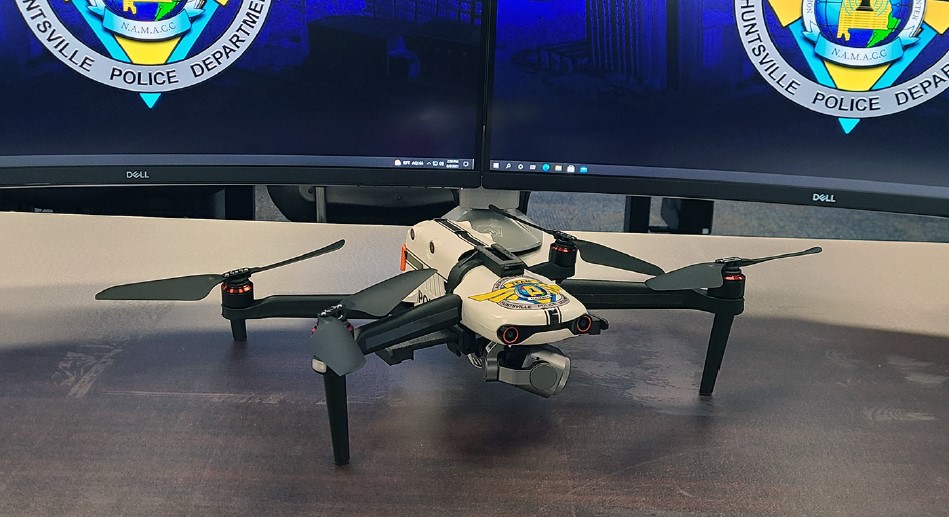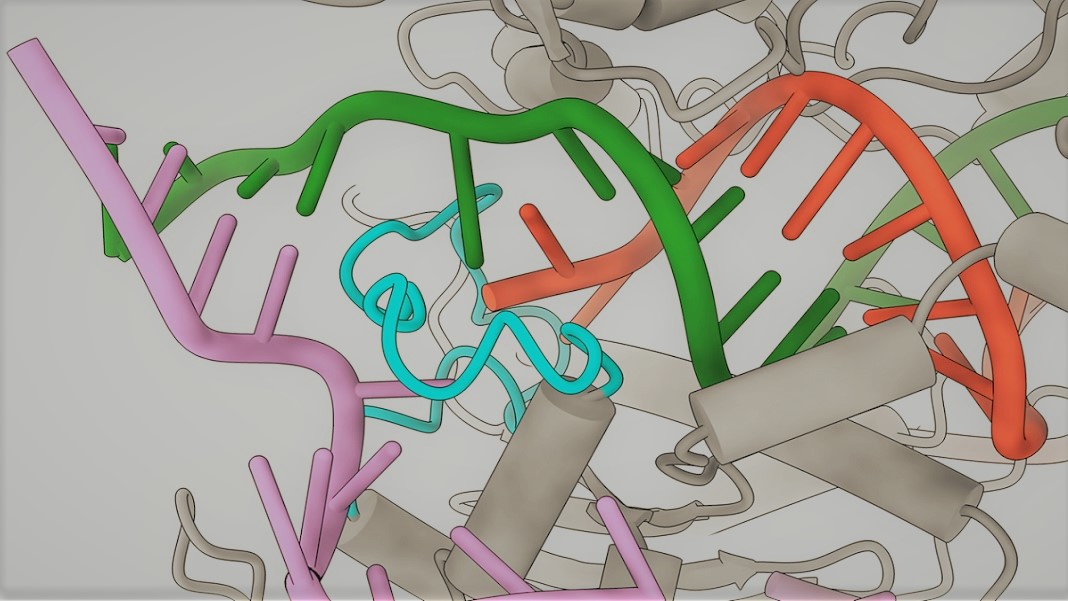26 mins ago
Financial Impacts Analysis at OpenAI
50 mins ago
Cluster API Supplier for VMware Cloud Director
1 hour ago
Cross-border ecommerce price €171 billion
2 hours ago

President Joe Biden will set off the Protection Manufacturing Act to safe U.S. sources of important minerals and supplies like lithium,…
Read More »



Having your individual infrastructure is dear and it requires a whole lot of time for…
Read More »




SPRING TIME DRONE STOCK FOOTAGE AVAILABLE ON HOsiHO ! Fly over cities…
Read More »




In a decade, the metaverse has gone from sci-fi motion films to real-world phenomena. In 2021, for instance, Fb introduced…
Read More »
Enlarge / Let’s have a look at, you landed on my “Google Advertisements” house, and with three homes… that will…
Read More »
Bender shouldn’t be in opposition to utilizing language fashions for question-answer exchanges in all circumstances. She has a Google Assistant…
Read More »
Whats up and welcome again to Max Q. Earlier than we dive into this week’s information, a quick notice: I’ll…
Read More »
The regulators knew Musk may very well be impulsive and cussed; they would want to point out some backbone to…
Read More »
To make issues fascinating on the get-go, I’m not a professionally skilled marketer, nor had I labored in any capability…
Read More »



Hearken to this text Oceaneering’s new AMRs embrace the UniMover D 100, UniMover O 600 and MaxMover CB D 2000.…
Read More »



In a decade, the metaverse has gone from sci-fi motion films to real-world phenomena. In 2021, for instance, Fb introduced…
Read More »
Shapeways gives a variety of superior supplies and know-how for companies designing high-quality prototypes and purposeful, end-use elements. Whether or…
Read More »
President Joe Biden will set off the Protection Manufacturing Act to safe U.S. sources of important minerals and supplies like lithium,…
Read More »
Core to our mission of guaranteeing that synthetic common intelligence advantages all of humanity is knowing the financial impacts that…
Read More »| Cookie | Duration | Description |
|---|---|---|
| cookielawinfo-checkbox-analytics | 11 months | This cookie is set by GDPR Cookie Consent plugin. The cookie is used to store the user consent for the cookies in the category "Analytics". |
| cookielawinfo-checkbox-functional | 11 months | The cookie is set by GDPR cookie consent to record the user consent for the cookies in the category "Functional". |
| cookielawinfo-checkbox-necessary | 11 months | This cookie is set by GDPR Cookie Consent plugin. The cookies is used to store the user consent for the cookies in the category "Necessary". |
| cookielawinfo-checkbox-others | 11 months | This cookie is set by GDPR Cookie Consent plugin. The cookie is used to store the user consent for the cookies in the category "Other. |
| cookielawinfo-checkbox-performance | 11 months | This cookie is set by GDPR Cookie Consent plugin. The cookie is used to store the user consent for the cookies in the category "Performance". |
| viewed_cookie_policy | 11 months | The cookie is set by the GDPR Cookie Consent plugin and is used to store whether or not user has consented to the use of cookies. It does not store any personal data. |